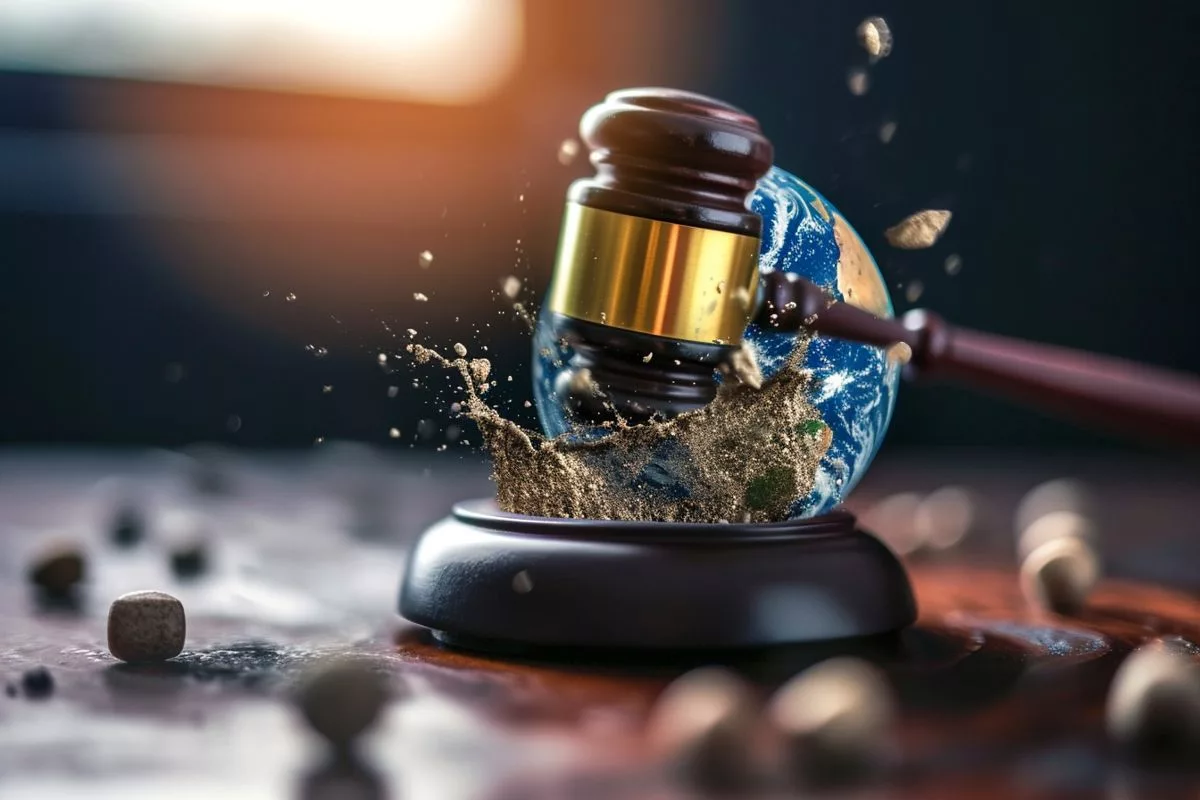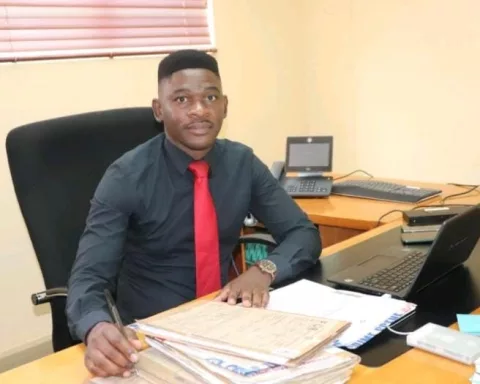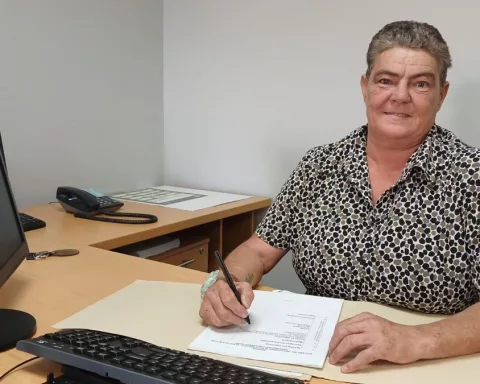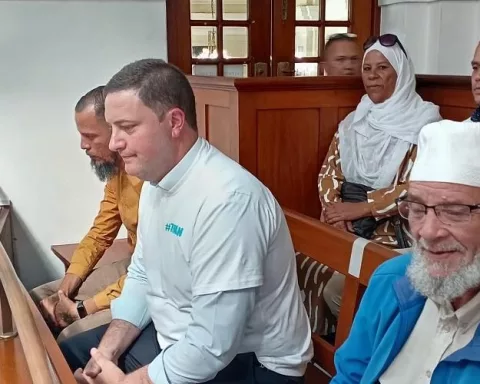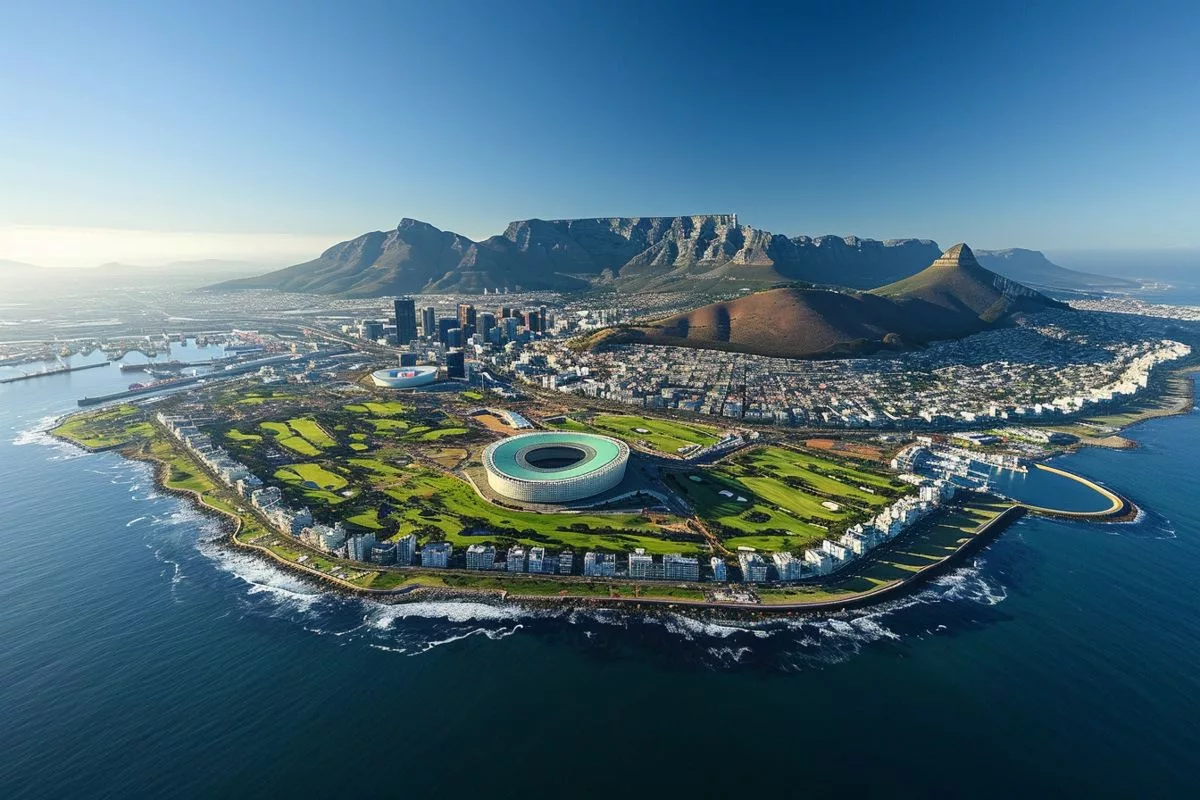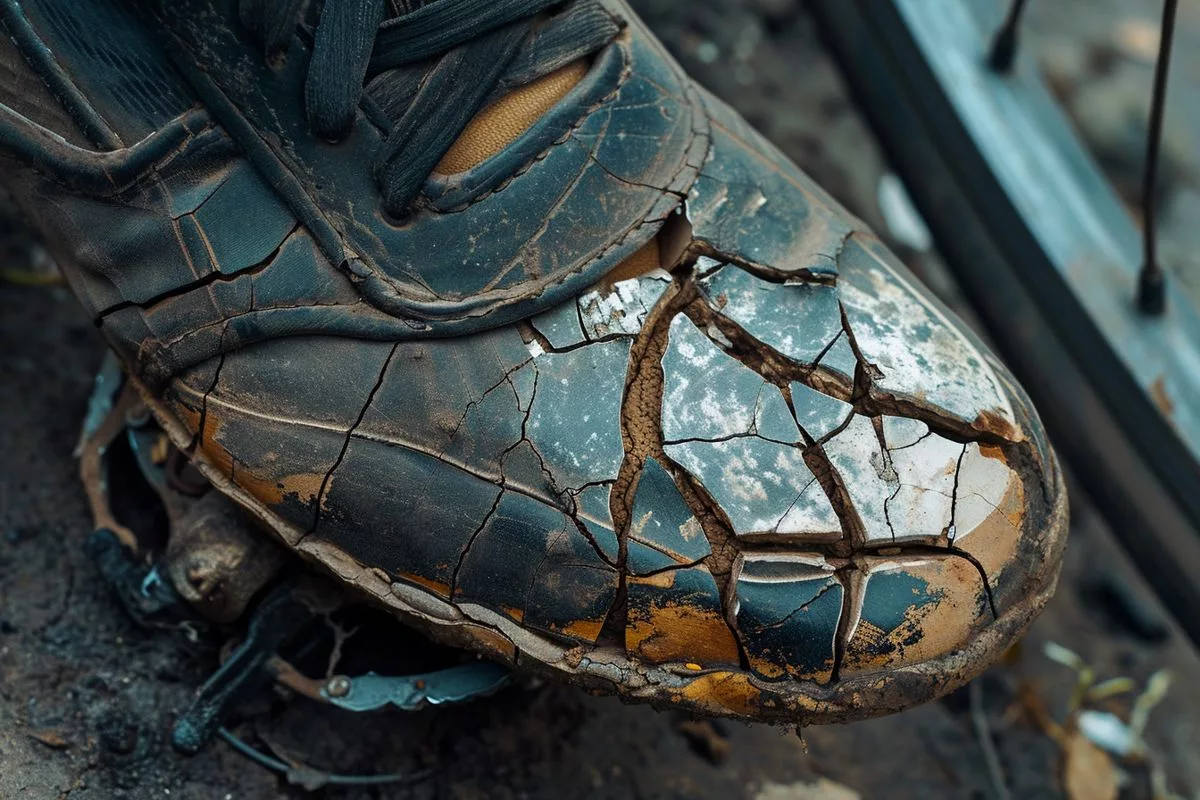South Africa’s Justice Minister, Ronald Lamola, has led a team of lawyers to present a case of genocide against Israel to the International Court of Justice (ICJ). They accuse Israel of indiscriminately bombing and blockading Gaza, resulting in the deaths of over 23,000 Palestinians, including 10,000 children. The multinational team, including esteemed professionals in international law, human rights, and advocacy, aims to seek justice for victims and prevent further atrocities in the region. Leading figures in South Africa’s legal brigade include Professor John Dugard, Advocate Max du Plessis, and Advocate Adila Hassim.
What is South Africa’s Genocide Case against Israel at ICJ?
South Africa’s Justice Minister, Ronald Lamola, has led an international team of lawyers to present a case of genocide against Israel to the ICJ. They accuse Israel of the random bombing and blockade of Gaza, resulting in the deaths of over 23,000 Palestinians, including 10,000 children, breaching provisions of the Genocide Convention. The team, including esteemed professionals in international law, human rights, and advocacy, aims to seek justice for victims and prevent further atrocities in the region.
On the morning of January 11, Ronald Lamola, the Justice Minister of South Africa, initiated an important legal maneuver by leading an impressive team of lawyers to present a case of genocide against Israel to the International Court of Justice (ICJ). Accusations are grave, blaming Israel for the random bombing and blockade of Gaza, responsible for the demise of over 23,000 Palestinians, approximately 10,000 of whom were children. South Africa contends that these actions breach the Genocide Convention’s provisions.
A multinational team, primarily coordinated by South Africa, is managing this case. This team is an assembly of esteemed professionals in the realms of international law, human rights, and advocacy. They are united in their unyielding pursuit of justice for the innocent victims and seek to bring a halt to further atrocities in the impacted regions. Their collective crusade for justice reverberates worldwide, underscoring the fact that every effort should be made to safeguard the defenseless and uphold the principles of human rights.
Leading Figures in South Africa’s Legal Brigade
At the helm of this formidable team is Professor John Dugard, a highly respected figure in international legal circles. Dugard’s seminal contributions to international law have earned him worldwide recognition, and his expertise has been sought by courts, scholars, and practitioners across the globe. He is well-acquainted with the ICJ, having previously served as an acting judge and as a member of a committee established to evaluate the human rights status and living conditions of individuals in Palestine.
Dugard’s exceptional career track and unwavering commitment to human rights and international law have earned him several accolades and honorary doctorates. His significant contribution to shaping South Africa’s democratic constitution was acknowledged by the late Constitutional Court Judge, Justice Ismail Mahomed, in 2003. Currently an influential professor of international law at the University of Leiden, Dugard has been a member of the International Law Commission since 1997. Distinctively, he is the first and only South African member of the esteemed Institut de Droit International.
Other Key Players in the Legal Team
Adding further strength and skill to the team is Advocate Max du Plessis. With 23 years of practice and teaching in Durban, South Africa under his belt, du Plessis’s deep understanding and expertise in international law have elevated him among the field’s leading minds. Apart from his active practice, du Plessis also imparts knowledge as an adjunct professor at the University of Cape Town and Nelson Mandela University.
Over the years, du Plessis’s legal acumen has been highly sought after by governments, international organizations, and NGOs. He has provided legal counsel in cases before multiple international courts, and his works are regularly referenced in most South African law schools. His successful argument in 2015, asserting that then Sudanese president Omar al-Bashir did not have immunity from prosecution for war crimes under customary law as a head of state, stands as a testament to his legal prowess.
Human Rights Advocacy and the Legal Team
Another key member of the team is Advocate Adila Hassim. Since her induction into the Johannesburg Society of Advocates in 2003, Hassim has established herself as a stalwart defender of human rights. As a co-founder of the anti-corruption organization, Corruption Watch, Hassim has been a fervent advocate for marginalized communities. She has made significant contributions to landmark rulings and class actions and has left a lasting impact on health law in South Africa.
In conclusion, South Africa’s representative team at the ICJ is a fusion of expertise, dedication, and experience. They aim not only to seek justice for the victims but also to prevent the recurrence of such atrocities in the affected regions. Their united quest for justice resonates globally, reminding us of the unwavering need to protect the vulnerable and uphold the principles of human rights.
What are the accusations against Israel in South Africa’s Genocide Case at ICJ?
South Africa’s team of lawyers accuse Israel of indiscriminately bombing and blockading Gaza, resulting in the deaths of over 23,000 Palestinians, including 10,000 children, which breaches provisions of the Genocide Convention. They aim to seek justice for victims and prevent further atrocities in the region.
Who is leading South Africa’s legal team for the Genocide Case against Israel?
The legal team is led by South Africa’s Justice Minister, Ronald Lamola, and includes esteemed professionals in international law, human rights, and advocacy such as Professor John Dugard, Advocate Max du Plessis, and Advocate Adila Hassim.
Who is Professor John Dugard?
Professor John Dugard is a highly respected figure in international legal circles and a member of the International Law Commission since 1997. He has previously served as an acting judge and as a member of a committee established to evaluate the human rights status and living conditions of individuals in Palestine. He is currently an influential professor of international law at the University of Leiden.
Who is Advocate Max du Plessis?
Advocate Max du Plessis is an experienced lawyer with 23 years of practice and teaching in Durban, South Africa. He is an adjunct professor at the University of Cape Town and Nelson Mandela University, and his works are regularly referenced in most South African law schools. He has provided legal counsel in cases before multiple international courts and successfully argued that then Sudanese president Omar al-Bashir did not have immunity from prosecution for war crimes under customary law as a head of state.
Who is Advocate Adila Hassim?
Advocate Adila Hassim is a co-founder of the anti-corruption organization, Corruption Watch, and has been a fervent advocate for marginalized communities. She has made significant contributions to landmark rulings and class actions and has left a lasting impact on health law in South Africa.
What is the main goal of South Africa’s legal team for the Genocide Case against Israel?
The main goal is to seek justice for the victims and prevent further atrocities in the region. The team aims to bring attention to the Genocide Convention and its provisions, underscoring the importance of protecting the vulnerable and upholding human rights principles.

